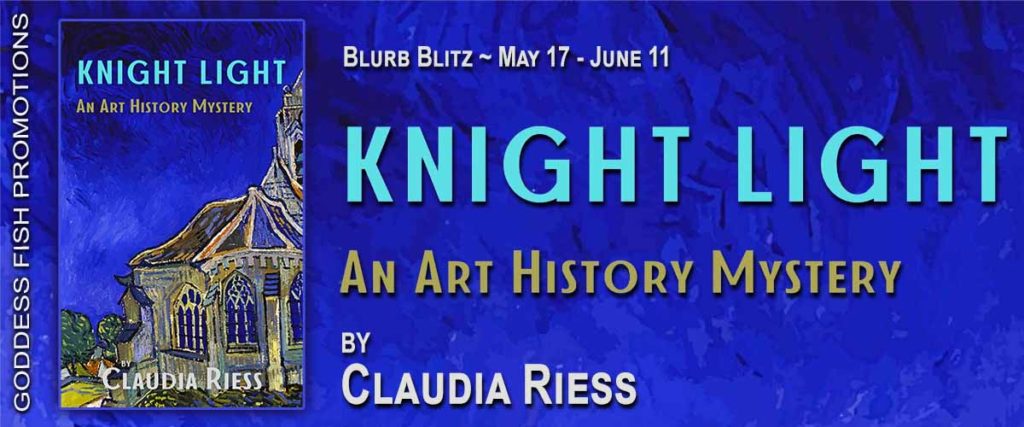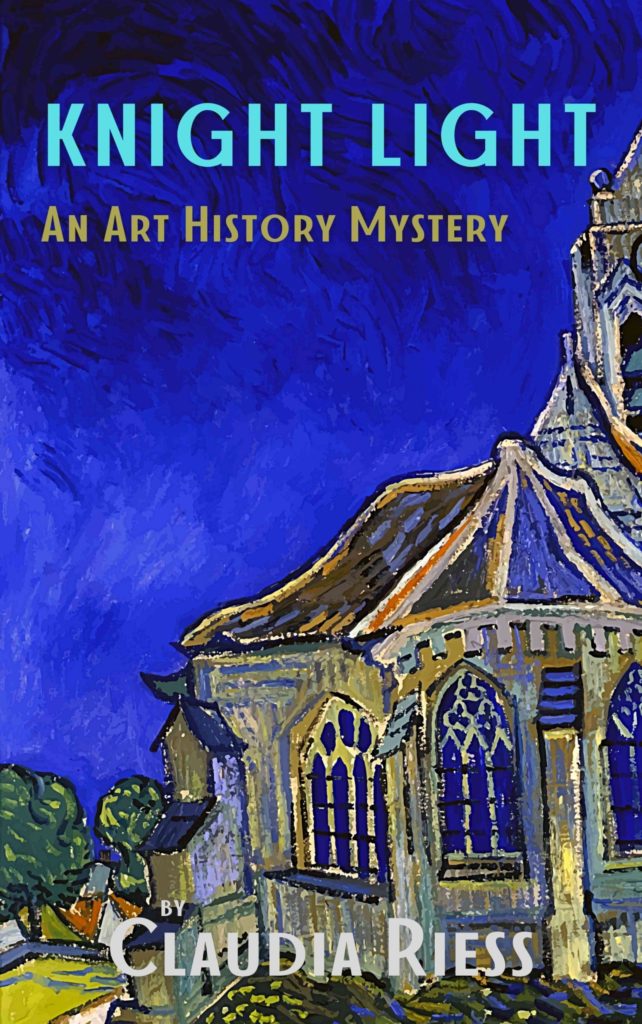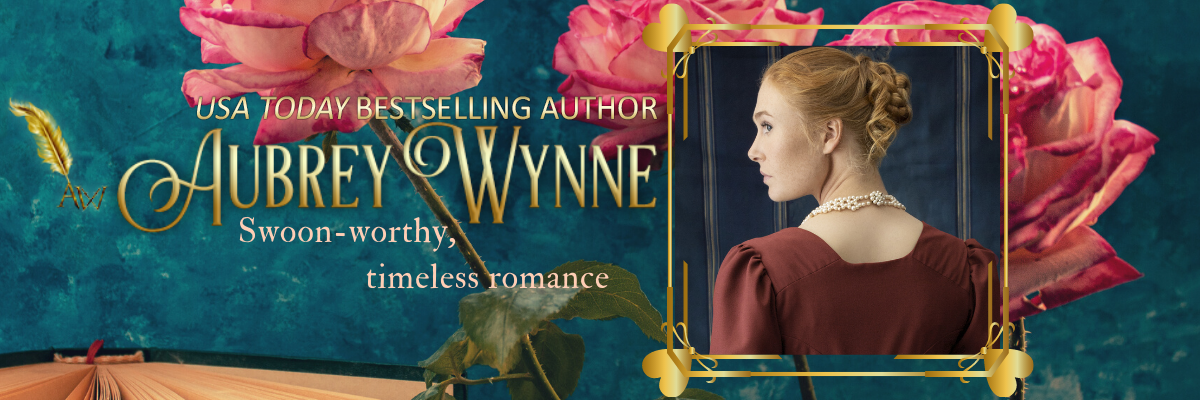KNIGHT LIGHT by Claudia Riess


Knight Light
by Claudia Riess
GENRE: Mystery
BLURB:
On March 24, 1946, World Chess Champion, Alexander Alekhine, is found dead in his hotel room in Estoril, Portugal. The cause of death remains mired in controversy when, three-quarters of a century later, a letter of his that could rock the art world is unearthed in a routine home renovation in upstate New York. The letter is addressed to a person of international repute and offers information about art works looted during the German occupation of Paris.
When the young man in possession of the letter is brutally murdered, his mentor, art history professor Harrison Wheatley and Harrison’s sleuthing partner, art magazine editor Erika Shawn, hurl themselves into the dual mission of tracking down both the killer and the looted art.
The hunt takes the couple to far flung locations, and as the stakes rise along with the murder count, it looks like the denouement will take place far from the comforts of home.
Excerpt
Mid-afternoon Harrison was back from his lecture class on Baroque painting. He found Erika holed up in her third-floor study, absorbed in whatever she was scribbling in her notepad. He pulled out the chair from what had once been his grandmother’s vanity and sat beside her. Displayed on the computer screen was a series of lines structured like a poem; at a glance, unintelligible. He planted a kiss on her cheek. “What the hell is it?”
She put down her pen and turned to him. “It’s a translated excerpt from Jean Arp’s poem ‘Der Vogel Selbdritt.’”
“That explains why it’s inscrutable. It’s Dada. Why is it of interest to you?”
“To us,” she corrected. “I’ve been trying to get a handle on our proposed investigation. Let me start from the beginning.”
“Will Lucas be joining us?”
“Not for a while. He’s sleeping.”
“He does a lot of that.”
She smiled and flipped back the pages of her pad. “First question: What’s the main subject of interest—the MacGuffin, so to speak? Answer: Alekhine’s letter. Why? Because Alekhine died under murky circumstances shortly after he wrote it. Because it contains leads to recovering art lost during the war, which is of great interest on all fronts honorable and evil. Because it’s the only document Chuck conveyed to you, so he must have thought it was the most important one of the collection. And last, because it’s the only tangible item we’ve got.” She took a breath.
“Next. Who would benefit from getting their hands on this letter, either to gain information from it or to make sure the information remains hidden? We have to exclude anyone with honorable intentions, since violence was employed to secure the document. The agency of evil comes from the dark side of the art world. From blackmail to black market.” She stared hard at him.
“We can voice our suspicions, but we cannot actually go there. You do understand, right?”
Harrison nodded. “I do.”
“I’m not convinced.”
“I will never put you at risk.”
She shook her head. “You left yourself out of the equation. Not good enough.”
It will have to be, sweetheart. “We will both stay safe,” he said aloud. “Behind the line of scrimmage. Go on with your report.”
“Just so you know, I don’t quite believe you. But for now, let’s not lose our train of thought. So. What are the lines of inquiry generated by Alekhine’s letter to Ambassador Martins? One. Learn anything we can about the fate of the Jules Eisenberg Gallery in Paris. This includes its owners, their living relatives, if any, and its wartime art inventory. Two. Try to trace the provenance of the paintings specified in the letter. Three. Contact organizations that might help identify the German referred to in the letter—the one who Alekhine says fled to Brazil.” She skewered him with another look. “The operative word here is identify. We identify. The guys in bullet-proof vests track down.”
“Got it.”
“Do you?” She glanced down at her notes to check if she’d missed anything. She hadn’t.
“Anyway, the hope is that down the road these lines of inquiry will intersect, and we’ll be able to contribute a couple of leads to pass on to the authorities.”
“Who are fixated on another line of reasoning altogether,” Harrison reminded her.
“We’ll have enough evidence to convince them otherwise.”
“You’re an optimist.”
“Realistic, not wide-eyed.”
“And it’s contagious,” he said, laying his hand on hers. “Now, tell me why you’ve got Jean Arp’s poetry on display.”
AUTHOR Bio and Links:
Claudia Riess is a Vassar graduate who’s worked in the editorial departments of The New Yorker and Holt, Rinehart and Winston. She is author of the Art History Mystery Series published by Level Best Books and includes: “Stolen Light,”* “False Light” and “Knight Light.” She is also author of “Semblance of Guilt” and “Love and Other Hazards.”
“Knight Light,” the third novel in her Art History Mystery Series, released February 23, 2021, follows the series amateur sleuths Erika Shawn, art magazine editor and Harrison Wheatley, art history professor, as they tackle the sinister world of art crime that tests both their courage- and love-under-fire.
https://twitter.com/ClaudiaRiess
https://www.facebook.com/ClaudiaRiessBooks
Amazon buy link: https://www.amazon.com/Knight-Light-Art-History-Mystery-ebook/dp/B08VY6RQVF/
a Rafflecopter giveaway
Thanks for hosting!
You are very welcome!
I have added this book to my summer reading. My vacation starts soon. Rest and reading.
Yay! And thanks for stopping by!
Sounds like my kind of book!
Thanks for stopping by!